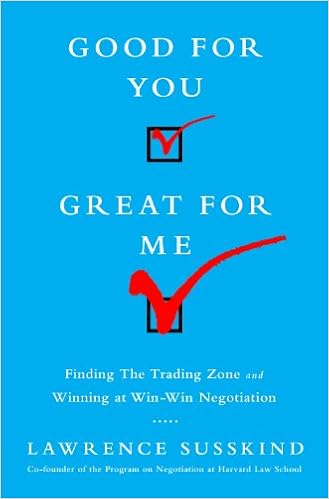Aristotle said that wisdom is knowing the right way to do the right thing in a particular circumstance. Barry Schwartz and Kenneth Sharpe have written a wonderful book called Practical Wisdom (Riverhead/Penguin, 2010) that explains what this means. They explore what happens to doctors, lawyers, and bankers as well as teachers, hospital workers and government employees who depend too heavily on rigid rules and financial incentives rather than good judgment to figure out what the right thing to do is in particular situations. And, they raise a great many reasons why we should be worried about contemporary professional education that plays down the importance of empathy.
Friday, August 12, 2011
Where is Aristotle When We Need Him?!
Schwartz and Sharpe point out that, "It takes wisdom -- practical wisdom -- to translate the very general aims of a practice into concrete action." So, when professional education emphasizes codified theory and analytical methods at the expense of guided explorations of the everyday dilemmas that practitioners are going to face, we make a big mistake. And, likewise, "the rules and incentives that modern institutions rely on in pursuit of efficiency, accountability, profit and good performance can't substitute for practical wisdom. Nor will they encourage it or nurture it. In fact, they often corrode it."
So, how can we help the next generation of practitioners learn what can't be taught, including the empathy it takes to be wise?" First, we need to stop "telling" our students what (we say) are the right answers to every question. They need to discover for themselves which answers "work" and how they can arrive at them. Second, we have to help newcomers learn to categorize and frame situations in productive ways. We can do this by modeling our approach to these tasks -- highlighting the value of carefully thought-out categories (that allow us to assess each situation on its own merits) and the importance of framing situations in ways that take account of conflicting views of reality. Third, we need to underscore the importance of empathy; ensuring as Schwartz and Sharpe say that, reason and emotion are allies rather than enemies. We want our students to trust their intuition and take heed of their emotions, not suppress them. Next, we want our students, through experimentation and feedback, to learn to trust their ability to see patterns and make moral judgments. They have this skill; we need to embellish it. Finally, we want to encourage them to be "system changers." They can do this if we help them to pursue the right objectives for the right reasons. This means talking a lot about what the right thing to do is, and making clear that professional success (especially happiness about our role in the world) is mostly a function of our ability to do the right thing for others.
Posted by Lawrence Susskind at 8:34 AM
Labels: Aristotle, doing the right thing, emotion, empathy, framing, professional education, system changers
Subscribe to:
Post Comments (Atom)





0 Comments:
Post a Comment